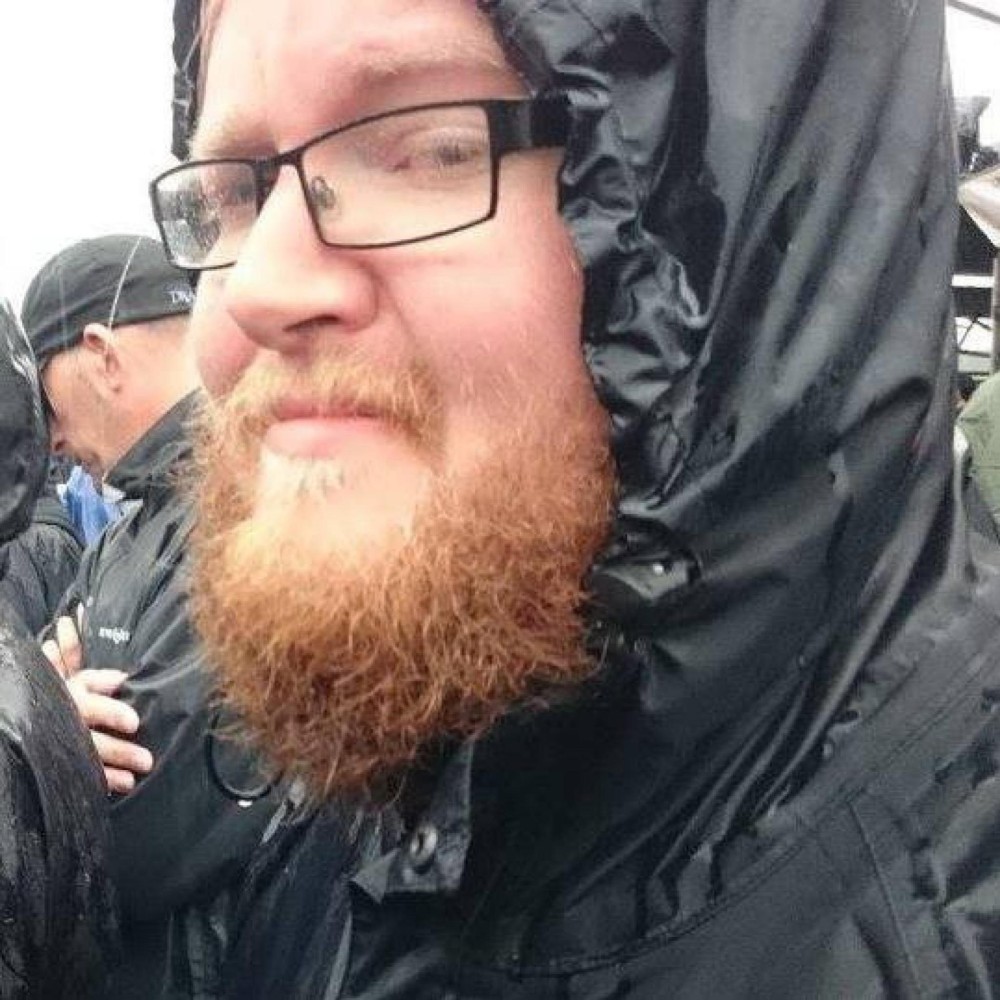The top IQs ever recorded are between 200 and 250 IQ – but what exactly does that mean? Well, intelligence quotient (IQ) is used to measure a person’s level of, you guessed it, intelligence.
Scores are gathered by participants completing standardised tests that measure abilities in puzzle-solving, memory, and more.
Based on a median score of what’s typically around 100, your given IQ score is relative to that of the general intelligence of the population. Below 85 is seen as a poor score, 130 and above is smart (in the top 2 per cent of the population).
It is difficult to accurately judge intelligence and it’s always worth taking IQ scores with a pinch of salt due to cultural differences and other factors. As a study in Frontiers In Systems Neuroscience states, “intelligence test scores are often misunderstood and can be misused.”
Another factor to consider: an IQ score is not a unit of measurement. For example, someone with an IQ score of 130 is not 30 per cent smarter than someone with an IQ score of 100. Given the changes to testing across the decades, it is also tricky to compare scores achieved at different times.
Theoretically, there is no limit to IQ scores. 200 is often seen as the theoretical peak score but some people have shot past that number.
Who has the highest IQ in the world?
Pictured above, Terence Tao is said to currently have the highest IQ in the world, with an impressive score of somewhere between 225-230.
If the youngest-ever tenured UCLA professor scored the suspected full 230, he is definitely top of the charts.
Nicknamed the ‘Mozart of Maths’, Tao studied university-level calculus at just age nine, and started his PhD at Princeton at 16. He has now published 18 books and more than 300 research papers.
From 2021, Tao also served on Joe Biden’s President’s Council of Advisors on Science and Technology.
Effectively tying for the title, though, is Marilyn vos Savant. Her recorded IQ in the Guinness World Records was 228, and was reprinted as the highest globally in every edition published between 1986–1989.
From 1986 until 2023, Marilyn used her incredible intellect to write Parade’s famous ‘Ask Marilyn’ column, where readers addressed questions to the woman with the ‘highest recorded IQ in the world’.
However, vos Savant hasn’t always been as accepted by her peers as her high-IQ male counterpart. Unfortunately she found herself at the centre of academic scandal, when a reader asked her to solve the popular probability dilemma, the Monty Hall problem.
Though Marilyn’s answer to the reader would ultimately turn out to be correct, the magazine received over 10,000 angry letters from disgruntled mathematicians of the day telling her she was wrong.
Among these, around 1,000 carried the signature of PhD holders. One such letter sneered: "Maybe women look at math problems differently than men."
Marilyn’s record IQ score was discontinued in the Book of Guinness World Records in 1990, when IQ scores were deemed too unreliable to document.
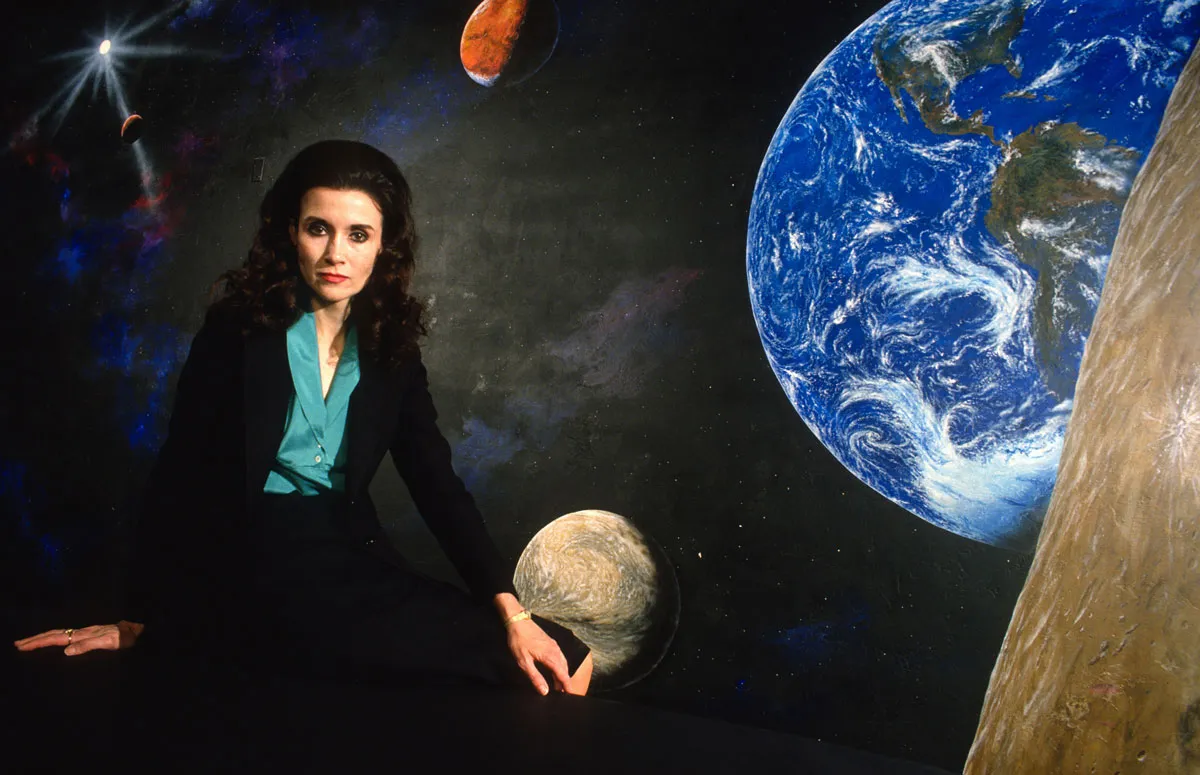
Christopher Hirata has the second-highest confirmed IQ, with a staggering score of 225. There have been a few others with scores equal or higher.
Again, the same caveat applies that IQ scores are to be taken with a grain of salt, especially for those before the IQ test was invented.
What has had the highest IQ ever?
It's tricky to judge who has had the highest IQ ever. For many great minds, the IQ test simply did not exist during their time on Earth. The validity of others who are said to have taken an intelligence test is in question, too, as official records are tough to locate.
However, this hasn't stopped some humans from being declared to have had the highest IQ ever.
William James Sidis
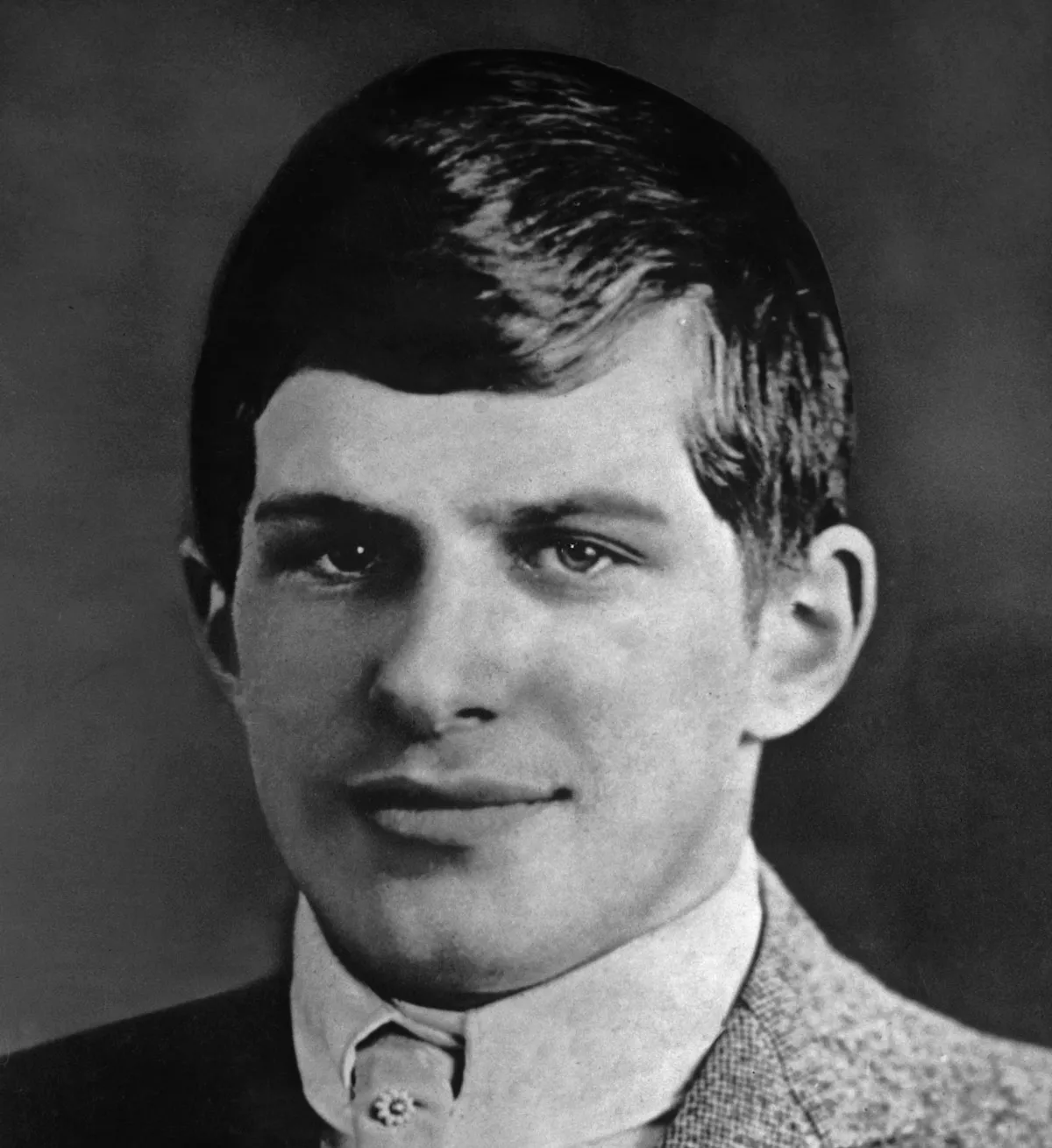
Said to be the smartest person who has ever lived, William James Sidis is the benchmark for child prodigies. He was reportedly able to read the newspaper aged just 18 months and entered Harvard University aged 11, graduating at 16.
He wrote various studies, including creating a constructed language in the Book Of Vendergoord (aged 8) and The Animate And The Inanimate (which covered cosmology and the reversibility of the second law of thermodynamics and predicts the black hole).
In Psychology For The Millions, Abraham Sperling details how he had been told by Helena Sidis (William's sister) that "a few years before his death, her brother Bill took an intelligence test with a psychologist."
Sperling explains that William Sidis' "score was the very highest that had ever been obtained. In terms of IQ, the psychologist related that the figure would be between 250 and 300."
In the years since, however, the claims of Sidis' IQ score have been heavily disputed.
Ada Lovelace
The first computer scientist, Ada Lovelace is often mentioned when it comes to the most intelligent people who ever lived. Through her work on the Analytical Engine, she essentially invented the first computer programme the world had seen.
Christopher Michael Langan
Reported to have an IQ score of 195, Christopher Michael Langan is often considered one of the smartest people alive. The controversial figure has often sided with conspiracy theories and claims that the existence of God can be proven by mathematics.
Albert Einstein
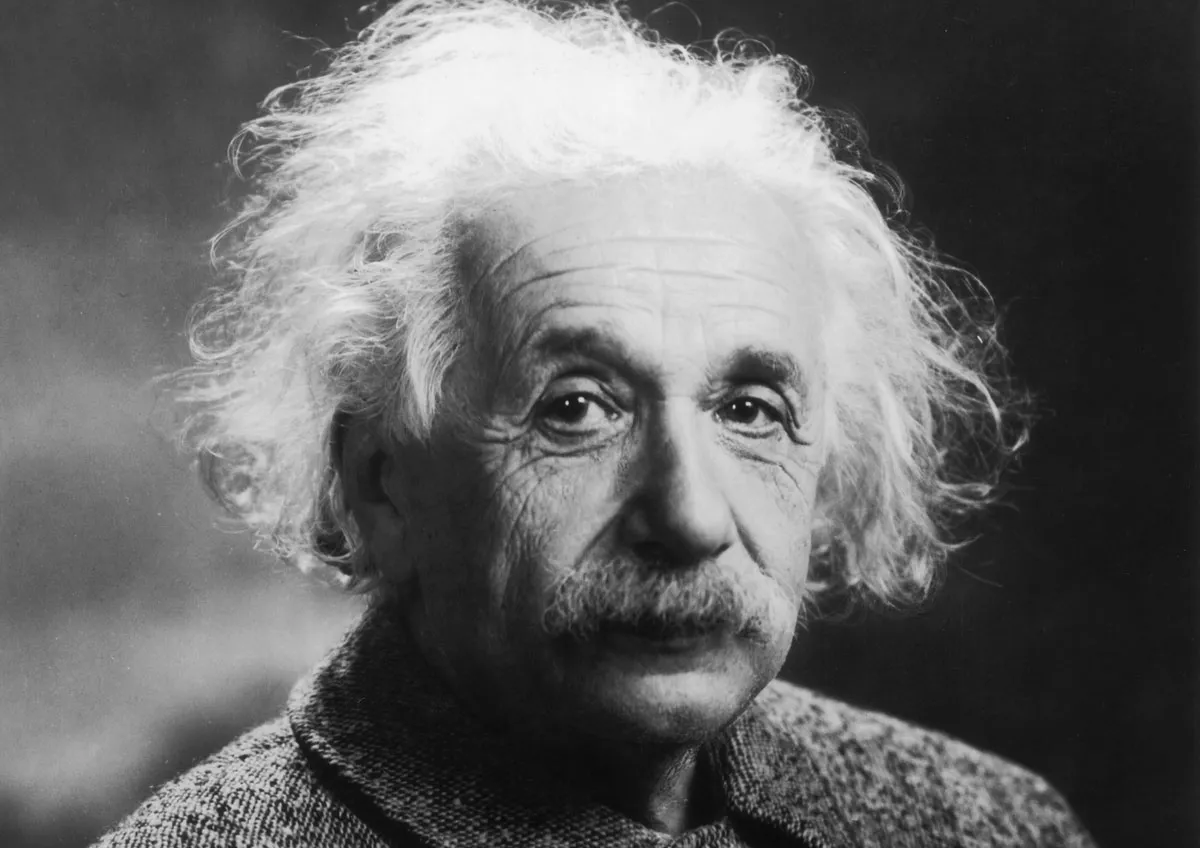
Often regarded as one of the smartest people who ever lived, it is often claimed that Einstein's IQ was actually lower than you might think. Given that the test wasn't around when Einstein walked the Earth, however, it's impossible to know just how intelligent this famous scientist actually was.
Leonardo da Vinci
Another who is often regarded as one of the smartest people ever, Leonardo da Vinci was a mathematician, engineer, botanist, cartographer and much more, so it’s hard to single out one achievement.
Sho Yano
Sho Yano was a college freshman at the tender age of nine and became a medical doctor at just 21. This made him "the youngest student in the University of Chicago's history to receive an MD," according to Chicago Tribune.
Katherine Johnson
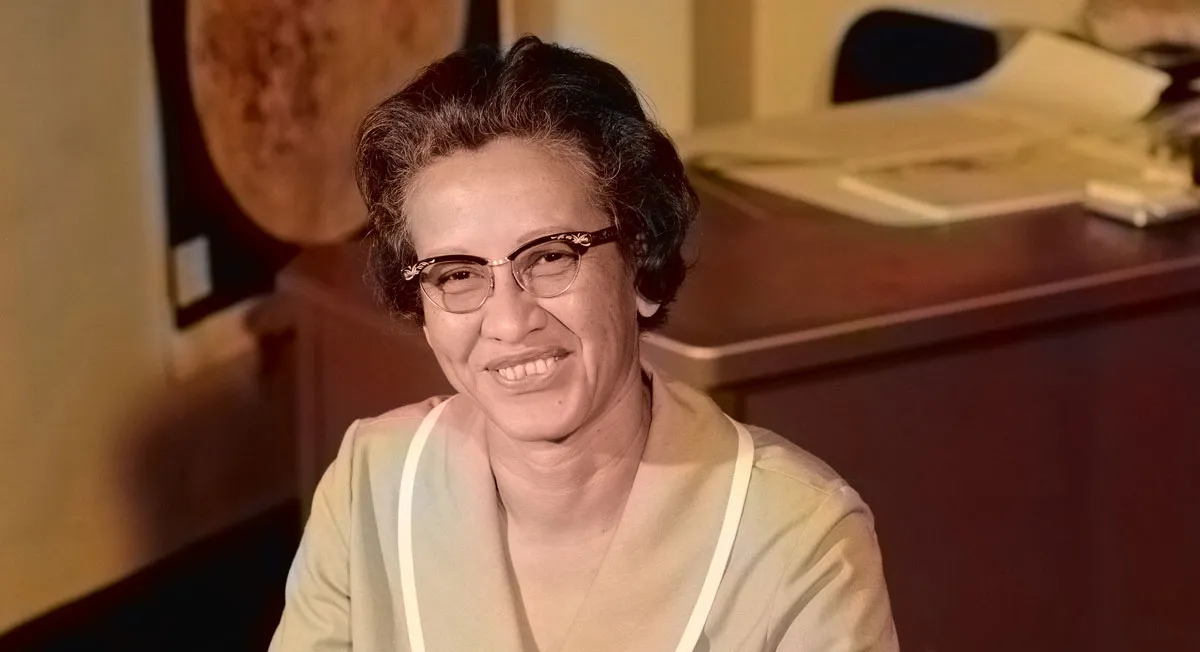
You will have come across mathematician Katherine Johnson if you've seen the Oscar-nominated film Hidden Figures. Her work was vital in early NASA space missions and played a role in getting astronauts John Glenn and Alan Shephard into space. Johnson's orbital calculations were even used in the Apollo missions.
Stephen Hawking
What can be said about Stephen Hawking? The Simpsons legend is one of history's most famous theoretical physicists and cosmologists. He famously showed that black holes radiate energy, slowly shrink, and explode in a flash of gamma rays, with Hawking radiation becoming a key cosmological theory.
How accurate are IQ tests?
Unfortunately, lots of different factors can weigh into how a person performs in an IQ test. Research has shown that some individuals score very differently when taking the same test at different times in the day, or when taking more than one kind of IQ test at the same age.
A person’s familiarity with taking tests and their anxiety around testing can severely limit their score.
The age at which you take the test can also have an impact – retesting children that achieved high IQ scores at a young age revealed that they dropped as many as 9 points when retested as adolescents.
Is IQ the best way to measure how intelligent someone is?
Psychologist Raymond Cattel argued that intelligence consists of different abilities that interlink and cooperate with each other to produce an overall intelligence, which early tests failed to take into account.
He proposed the idea of ‘fluid’ intelligence – being able to think flexibly and reason your way through problems – and crystallised intelligence, which is based in the hard knowledge of facts and skills that you gain throughout life.
He also suggested that as you age, you rely more on your crystallised intelligence than your fluid intelligence, meaning that not only are there polar-opposite types of intelligence coexisting within a person, but that they are likely to change over time.
But why stop at two? Psychologist Howard Gardner at the Harvard Graduate School of Education argues that there are multiple kinds of intelligence a person can gain and grow over the course of their lives.
In his research, he has assessed mathematical, verbal, visual-spatial, physiological, naturalistic, self-reflective, social and musical aptitudes.
Additionally, in the 1990s, Drs Salovey and Mayer also put forward their model of Emotional Intelligence (EI), a method of measuring a person’s ability to perceive, understand and manage emotions.
Testing has found that though there are some correlations between high IQ and high EQ, they’re different intelligences in their own right.
Read more:
- 22 pioneering women in science history you really should know about
- Who is the tallest person in the world?
- Does the brain really experience a ‘great restructuring’ after we turn 40?
To have your mind blown by more science, check out our ultimate fun facts page.
